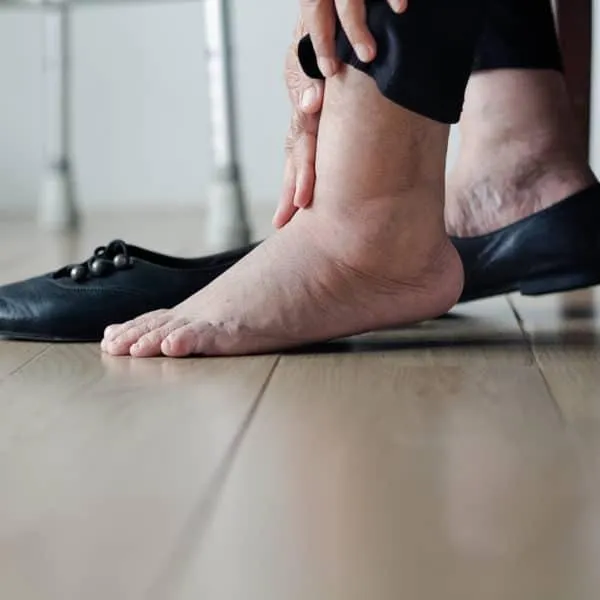Pressure Ulcers and Wound Care
Pressure ulcers, also known as bedsores or pressure injuries, are localized damage to the skin and underlying soft tissue, typically occurring over bony prominences. They result from prolonged pressure on the skin, often combined with friction, shear, moisture, and immobility.
Find Wound Care Near You
If you or a loved one is struggling with a wound that won’t heal, a Royal Wound Care Wound Care Center can help. Since there is no need for a referral, your treatment is only a click and call away.
Pressure Ulcers and Wound Care
Effective wound care is essential for healing pressure ulcers and preventing complications. Treatment strategies vary depending on the stage of the ulcer and may include:
Debridement: Removal of nonviable tissue.
Wound cleansing: Cleaning the ulcer with appropriate solutions.
Dressings: Applying dressings that maintain a moist wound environment and protect the ulcer.
Offloading: Reducing pressure on the affected area.
Pain management: Providing pain relief.
Infection control: Preventing and treating infection.
Nutritional support: Optimizing nutritional status.
Surgery: In some cases, surgery may be necessary to close the wound or repair damaged tissue.
It is important to consult with a healthcare professional for proper assessment, treatment, and management of pressure ulcers.


The Impact of Heart Health on Wound Healing
1 in 2 Americans suffer from a cardiovascular disease. Coronary artery disease, peripheral artery disease and other issues with the heart and vessels can cause blockages that obstruct the flow of blood.
Learn the Facts
Every hour, over 100 Americans are hospitalized for wound-related complications.
every 33 seconds
someone in the U.S. dies from cardiovascular disease.
1 in 5 Wounds
won’t heal without specialized care.
1 in 4 Americans
over age 65 will develop a chronic wound in their lifetime.
15% of Medicare Beneficiaries
Will experience a wound or wound-related infection annually.
$50 billion+
spent annually on wound-related complications in the U.S.
Heart Health Resources for Patients

The Role of Nutrition and Vitamins in Wound Healing
The road to recovery after prostate cancer treatment isn’t just about procedures—it's also about what’s on your plate. Your body needs more nutrients to rebuild tissue, strengthen your immune system, and generate new skin. When paired with expert wound care, the right diet can dramatically accelerate healing and restore strength faster.

What Are Compression Stockings and How Do They Help?
Compression stockings are medical-grade garments designed to boost blood flow and minimize swelling in your feet, ankles, and legs. By applying targeted pressure, they prevent fluid buildup—a key cause of chronic pain, fatigue, and delayed healing. Whether you’re managing venous issues or recovering from surgery, they offer effective, everyday support.
WEST HILLS
7230 Medical Center Dr. Suite 100
West Hills, CA 91307
(818)–660–2977
BEVERLY HILLS
9735 Wilshare Blvd #210B
Beverly Hills, CA 90212
(818)–660–2977
If you are interested in making an appointment, please click here to find a Wound Care Center near you.
Request an Appointment at a Royal Wound Care Facility near you.
Royal Wound Care is the expert in wound healing. Our board-certified wound care specialists are ready to help you begin your healing journey. Click the button below to request an appointment at a Wound Care Center near you—no referral needed
© 2025 Royal Wound Care, LLC. All rights reserved.
site by Growth Partners Marketing
